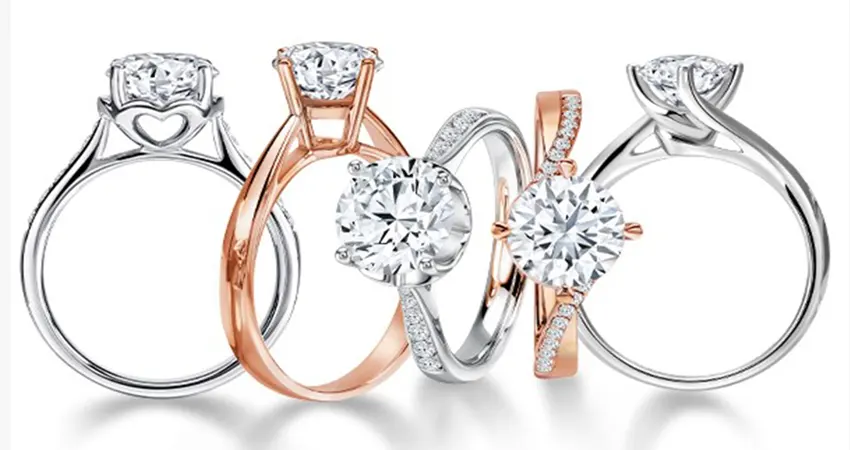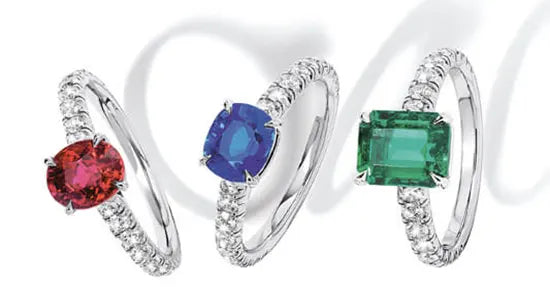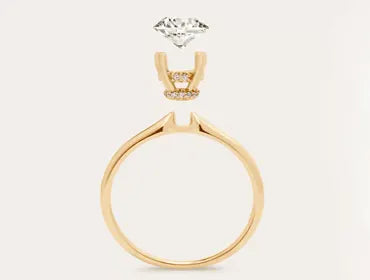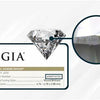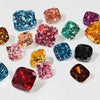How to Identify Lab Grown Diamonds as a Customer?
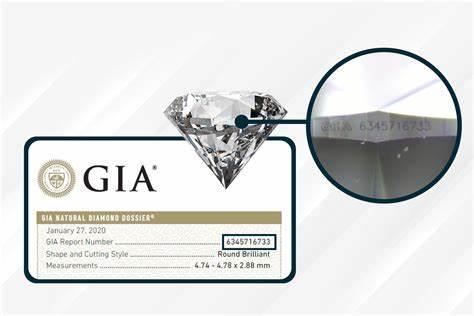
Buy a Certified Lab Grown Diamond
As a customer you can’t only look at a diamond and know it’s one or the other. But if you purchase a certified lab grown diamond, your grading report will indicate it. It’ll most likely tell you which creation process was used too.
However, not all grading labs are good ones. You should make sure you’re buying the right diamond certifications for lab grown diamonds.
There are more reputable grading labs for lab grown diamonds than natural diamonds. I recommend only buying GIA or IGI certified diamonds.

Lab Report
A grading report will let the buyer know they are purchasing a diamond with the exact grades they’re paying for. Grading reports can be faked, come from unknown labs, or brands who certify their own diamonds, like Diamond Foundry.
However, as long as your lab diamond, engagement ring is being bought from a reputable retailer, you won’t run into fakes. You should be able to take the diamond’s report number and type it into the grading lab’s website.

If you’re not sure if a diamond is lab grown or natural, there’s a grading lab for that.
If you have a diamond engagement ring already and you want to get it certified, you can do that too. GIA certified or IGI certified natural diamonds are valued highest out of natural colorless diamonds.

You’ll have to send your unmounted diamond to their grading facility. It costs around $125 for a lab diamond report. They also have lab created fancy color diamond reports.
If you’re looking for a less expensive place to get your lab diamond graded, you can go through the International Gemological Institute (IGI) for lab diamond reports. These are very common grading reports and were considered the best before GIA updated theirs.
Laser Inscription
If you’ve purchased a certified lab grown diamond from a reputable grading authority, it might have a laser inscription on the actual stone. It can also be referred to as a Gem Scribe number.
To find the inscription, you’ll need to have a jeweler’s loupe. If you don’t have one, you can take it to a local jeweler to read the inscription to you.

A laser-inscribed diamond will have a combination of numbers and letters written on the girdle of the diamond. For those of you who don’t know diamond anatomy, that’s the edge that goes all the way around the diamond.
You can either match this number to its grading report, or you can type the number online into the lab website to match.
GIA report check
You should know that not all diamonds with a grading report are laser-inscribed. Big grading labs like the GIA can inscribe a diamond if you want them too for a cost.
A laser inscribed diamond can be helpful in case of theft or switching. While I’d love to tell you that these things never happen, they do and there are many who claim their diamond was switched by different companies.
Laser inscriptions will confirm the diamond you received back from a jeweler or repair shop is in fact, your diamond, not just knowing it's a real diamond.

If you’re buying from a reputable grading lab, a laser inscription will help if someone steals your diamond ring and tries to pawn it off.
The pawn shop will analyze the diamond of course and will look up the number if they see a laser inscription. If that inscription has been reported stolen (you’d have to call the lab after the theft), they will keep the diamond and alert authorities.
That’s why I recommend the GIA for both services. They’re the top in the industry and you should be well-protected if either unfortunate situation were to happen.
Conclusion
You might not be able to look at a lab made diamond and know if it’s mined or synthetic. Thankfully, there’s many different ways to learn how to identify lab grown diamonds. All of them require the assistance of a gemologist, jewelers, or grading laboratory.
Make sure your lab grown diamond is certified by a reliable grading lab. That alone will ensure you’re buying. Most online diamond retailers only sell certified diamonds, but big name retailers don’t. They'll also have minimum diamond clarity and diamond color.
Many brands have the majority of their diamonds uncertified with general minimum grades. That’s both for lab diamonds and natural diamonds. For their certified engagement rings, they charge a high markup than online diamond retailers.
By purchasing a laboratory grown diamond online with a reliable retailer like our shop, you can feel confident that you’re buying real lab diamonds.

